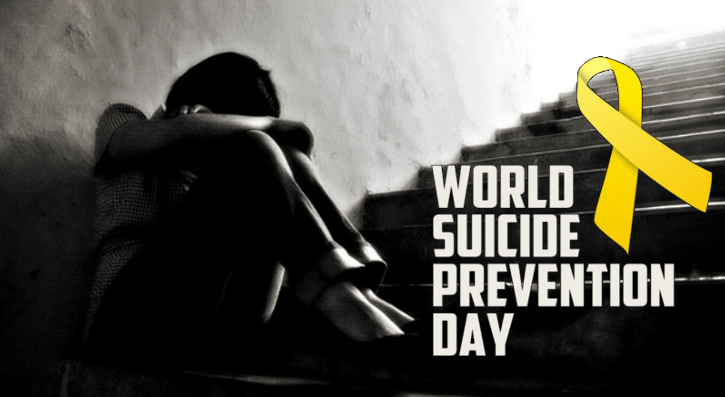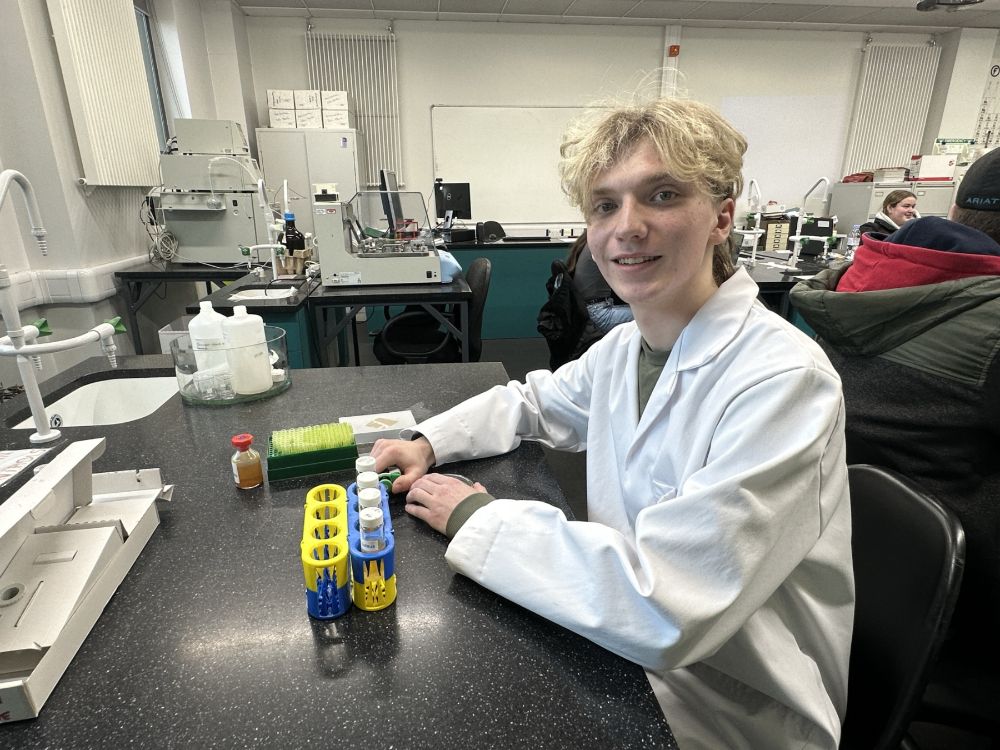World Suicide Prevention Day 2018
0 min read
06 September 2018

World Suicide Prevention Day takes place on the 10 September 2018
Every day, many lives are lost to suicide, and many more are profoundly impacted by their deaths. Every year, suicide is among the top 20 leading causes of death globally for people of all ages. It is responsible for over 800,000 deaths, which equates to one suicide every 40 seconds. Every life lost represents someone’s partner, child, parent, friend or colleague. For each suicide approximately 135 people suffer intense grief or are otherwise affected. Suicidal behaviour includes suicide, and also encompasses suicidal indention and suicide attempts.
Preventing suicide is often possible and you are a key player in its prevention! You can make a difference - as a member of society, as a child, as a parent, as a friend, as a colleague or as a neighbour. There are many things that you can do daily, you can raise awareness about the issue, educate yourself and others about the causes of suicide and warning signs for suicide, show compassion and care for those who are in distress.
What does it feel like to be suicidal?
Everyone's experience of suicidal feelings is unique to them. Someone might feel unable to cope with the enduring difficult feelings they are experiencing. You may feel less like you want to die and more like you cannot go on living the life you have. These feelings may build over time or might fluctuate from moment to moment. And it's common to not understand why someone feels this way. Here are some thoughts, feelings and experiences someone may go through if they are feeling suicidal:
Someone might think or feel:
- hopeless, like there is no point in living
- tearful and overwhelmed by negative thoughts
- unbearable pain that you can't imagine ending
- useless, unwanted or unneeded by others desperate, as if you have no other choice
- like everyone would be better off without you
- cut off from your body or physically numb
What someone may experience:
- poor sleep with early waking
- change in appetite, weight gain or loss no desire to take care of yourself, for example neglecting your physical appearance
- wanting to avoid others
- self-loathing and low self-esteem
- urges to self-harm
Getting help in an emergency
If you don't feel you can keep someone if yourself safe at any time seek immediate help:
- go to any hospital A&E department (sometimes known as the emergency department)
- call 999 and ask for an ambulance if you can't get to A&E
- ask someone else to contact 999 for you or take you to A&E immediately
On each campus there are trained Mental Health Champions who can be contacted in a mental health crisis and this is treated with strictest confidence. Mental health first aid is given until appropriate professional treatment is received or until the crisis resolves.
- Ards Campus - Wendy Baird and David Spence
- Bangor Campus - Paul Mercer and Elaine Snoddy
- Downpatrick Campus - Elaine Bradley and Don Walsh
- Lisburn Campus - John Gault
If you or someone you know is in distress or despair, call Lifeline on 0808 808 8000. This is a confidential service, where trained counsellors will listen and help immediately on the phone and follow up with other support if necessary. The helpline is available 24 hours a day, seven days a week. You can also access the Lifeline website at www.lifelinehelpline.info.
Directory of Services for assistance for Mental Health and emotional wellbeing can be found on the SERC plus App by following the link:
https://serc2.sharepoint.com/sites/na/plus/Pages/HW/WB/me.aspx
BHSF is also offered by the College for staff and the services provided are:
- Telephone counselling support
- Personal legal advice and financial information
- Health advise across a range of medical and wellbeing issues
- Speak in confidence to a third party with anonymity assured
- Available 24/7, 365 days a year.
- Face to face counselling sessions available if required.
To access the Employee Assistance Programme (EAP) in confidence, call: 0800 072 0353 (quote the name of your employer) or to access the online portal, visit: www.colleaguesupport.co.uk, (enter code 71743 as your username and password)



